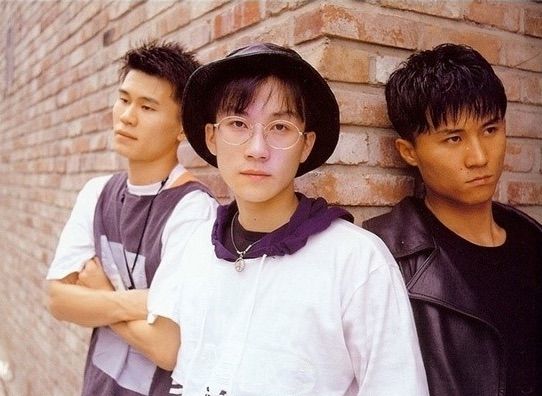The genre is backed by generations of fans who are vocal in pitting their idols against the industry’s long list of legends, because they are very much entitled to believe they can.
K-pop was always made for world domination.
Lee Soo-man—yes, the guy who owns SM Entertainment—saw that music was the next great export. He was a visionary for identifying music as the biggest cultural asset to invest in, as revealed in Vox’s “Explained” series which can be streamed on Netflix.
Come the year 1997, South Korea created a basic law for the promotion of cultural industries. It meant putting prime focus on bolstering the arts, and, in turn, promoting Korean cultural and entertainment productions as exports supporting the economy.
1992’s Seo Taiji & Boys are as much of a Korean revolutionary music symbol as BTS is now (in fact, their music are considered as bold criticisms of society, with BTS even covering Seo Taiji and Boys’ “Come Back Home”).
 |
| Seo Taiji and Boys |
The group was considered as fearless trailblazers of K-pop groups, even preceding the 1997 law. Seo Taiji and Boys was replaced in the spotlight by agency talents H.O.T, Roo’Ra, Baby VOX, S.E.S, and Sechskies, which all soared to fame in the mid 90s.






